About The Company of Biologists
The Company of Biologists is a not-for-profit publishing organisation dedicated to supporting and inspiring the biological community.
We are run by distinguished practising scientists. We exist to profit science, not shareholders. We inspire new thinking and support the community of biologists.
The focus of our activities is:
- publishing leading peer-reviewed journals
- facilitating scientific meetings and communities
- providing travel grants for young researchers
- supporting and funding research societies
Celebrating 100 years
2025 marks the 100-year anniversary of The Company of Biologists. We are celebrating this important milestone with a community conference and other activities throughout the year.
About the Board of Directors
We are privileged to have a Board of Directors who give their time to The Company of Biologists without payment. They are experienced, senior scientists from a range of life science and clinical research backgrounds, who believe in the importance of what the Company does and who are dedicated to furthering its influence.
Meet our Directors: Sally Lowell
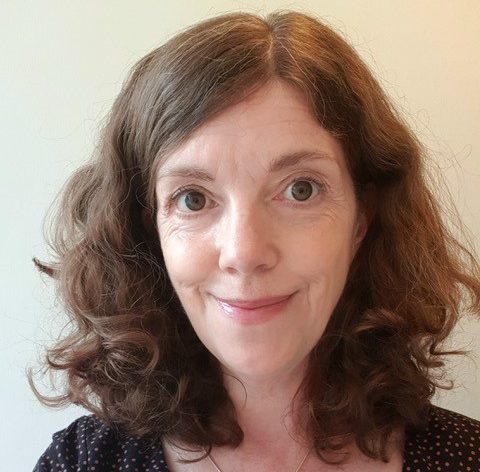 22 August 2022
Sally Lowell is a developmental and stem cell biologist at the University of Edinburgh, UK. “My group is interested in how cells build embryos and tissues, and how we can control the behaviour of these cells in culture,” she explained. She is particularly interested in the local ‘conversations’ that cells have when communicating with their neighbours, and how these local interactions can affect their fate within the developing embryo. Sally’s lab is developing tools to ‘listen in’ on the communications between cells. They are also investigating how differences in cell adhesion and tissue morphology can affect this communication.
...
22 August 2022
Sally Lowell is a developmental and stem cell biologist at the University of Edinburgh, UK. “My group is interested in how cells build embryos and tissues, and how we can control the behaviour of these cells in culture,” she explained. She is particularly interested in the local ‘conversations’ that cells have when communicating with their neighbours, and how these local interactions can affect their fate within the developing embryo. Sally’s lab is developing tools to ‘listen in’ on the communications between cells. They are also investigating how differences in cell adhesion and tissue morphology can affect this communication.
...Meet our Directors: Peter Rigby
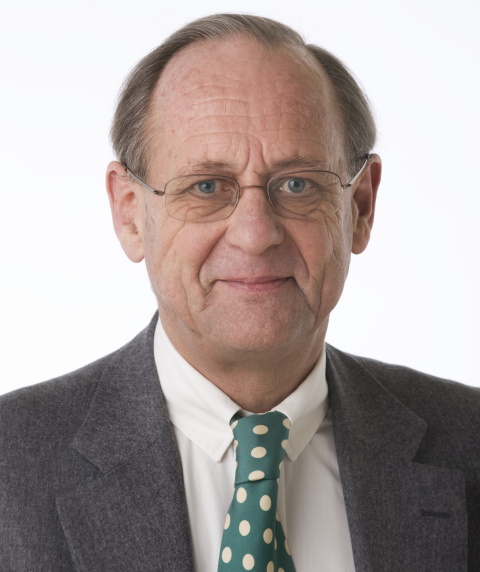 30 September 2022
Peter Rigby is Professor Emeritus of Developmental Biology at the Institute of Cancer Research (ICR), London, an organisation that he led from 1999 to 2011. Peter began his career as a biochemist, and completed his PhD with Brian Hartley in Cambridge, where he studied enzyme evolution. He then moved to Stanford to work with Paul Berg, focusing his postdoctoral research on SV40, a virus that can transform its host into a tumour cell. “It was clear to myself and my peers that it was time to stop working on E. coli and to start working on eukaryotic cells,” Peter said, “and the only way to get inside the workings of a eukaryotic cell was by using viruses.”
...
30 September 2022
Peter Rigby is Professor Emeritus of Developmental Biology at the Institute of Cancer Research (ICR), London, an organisation that he led from 1999 to 2011. Peter began his career as a biochemist, and completed his PhD with Brian Hartley in Cambridge, where he studied enzyme evolution. He then moved to Stanford to work with Paul Berg, focusing his postdoctoral research on SV40, a virus that can transform its host into a tumour cell. “It was clear to myself and my peers that it was time to stop working on E. coli and to start working on eukaryotic cells,” Peter said, “and the only way to get inside the workings of a eukaryotic cell was by using viruses.”
...Meet our Directors: Stephen Royle
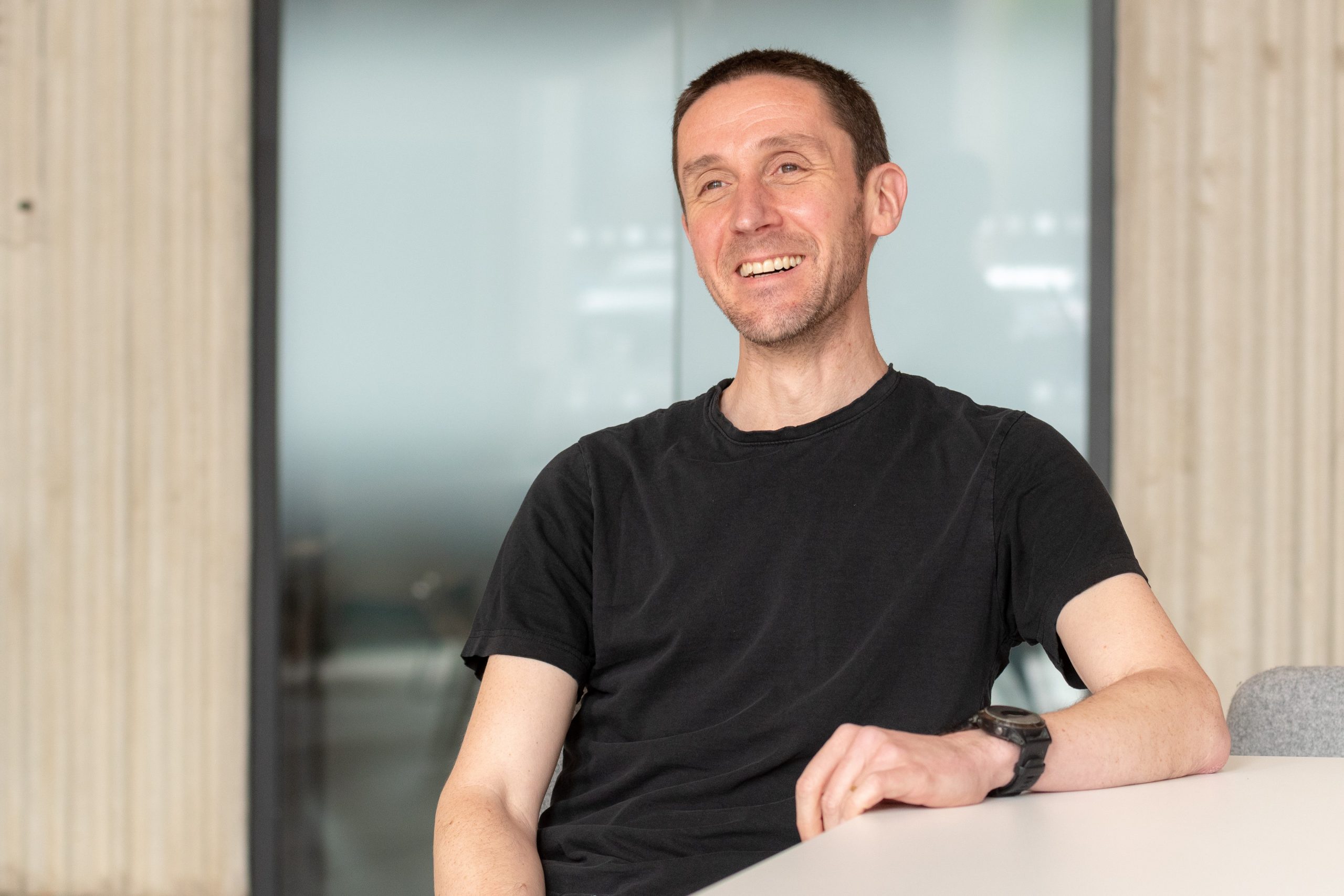 10 August 2022
Steve Royle is based at the Centre for Mechanochemical Cell Biology, Warwick Medical School, where his team is investigating the molecular mechanisms that underpin two important cellular processes: membrane trafficking and mitosis. “We’re interested in the nuts and bolts of how these key processes work,” Steve explained.
...
10 August 2022
Steve Royle is based at the Centre for Mechanochemical Cell Biology, Warwick Medical School, where his team is investigating the molecular mechanisms that underpin two important cellular processes: membrane trafficking and mitosis. “We’re interested in the nuts and bolts of how these key processes work,” Steve explained.
...Meet our Directors: Holly Shiels
 29 July 2022
Holly Shiels is based at the University of Manchester, UK, where her lab investigates the interplay between environment and cardiac physiology. They are currently working on the tolerance of fishes to hypoxia and to changes in temperature, as well as the effects of microplastics and crude oil on cardiac health. This latter research area also relates to broader concerns about air pollution, since crude oil contains polyaromatic hydrocarbons, which are the same molecules that form a ‘corona’ around particulate matter in the air we breathe.
...
29 July 2022
Holly Shiels is based at the University of Manchester, UK, where her lab investigates the interplay between environment and cardiac physiology. They are currently working on the tolerance of fishes to hypoxia and to changes in temperature, as well as the effects of microplastics and crude oil on cardiac health. This latter research area also relates to broader concerns about air pollution, since crude oil contains polyaromatic hydrocarbons, which are the same molecules that form a ‘corona’ around particulate matter in the air we breathe.
...
List of Directors
Prof Sarah Bray
Genetics, Molecular Biology & Development Biology, University of Cambridge, UK
In May 2023 Sarah became our first ever female Chair. Sarah had been a Director for several years and was the chair of the Grants Committee. She says: “What I have come to appreciate during my time on the Board is the creative and forward-looking way that The Company of Biologists embraces change and new ideas. This is because we are keen to hear everyone’s voice and we welcome new ideas and different opinions.”
Prof Clare Isacke
Cancer cell biologist and Academic Dean at the Institute of Cancer Research, UK
Prof Steven Kelly
Photosynthesis, Evolution, Gene expression and Bioinformatics, University of Oxford, UK
Prof Jane Langdale, CBE, FAA, FRS
Plant developmental biologist with an interest in the evolution of developmental mechanisms, University of Oxford, UK
Prof Sally Lowell
Developmental and stem cell biologist at the Centre for Regenerative Medicine, University of Edinburgh, UK
Prof Pleasantine Mill
Group leader at the Institute of Genetics and Cancer, University of Edinburgh, UK
Prof Mark Peifer
Cell and developmental biologist at the University of North Carolina, Chapel Hill, USA
Prof Peter W J Rigby, FMedSci, FRS
Professor Emeritus at The Institute of Cancer Research, London, UK
Prof Stephen Royle
Cell biologist at the Centre for Mechanochemical Cell Biology, University of Warwick, UK
Prof Daniel St Johnston, PhD, FMedSci, FRS
Developmental biologist at the Gurdon Institute, Cambridge, UK
Prof Holly Shiels, BSc, MSc, PhD
Cardiac physiologist at the Division of Cardiovascular Sciences, University of Manchester, UK
Prof Austin Smith, PhD, FRS
Medical Research Council Professor, Living Systems Institute, University of Exeter, UK
Prof Stephen Tait
Deputy Director and Professor, Mitochondrial Cancer Biology – School of Cancer Sciences, University of Glasgow, UK
Prof Sylvie Urbe
Professor of Molecular and Cellular Physiology, University of Liverpool, UK
Prof Alan Wilson, BSc, BVMS, PhD, MRCVS, FRS
Researcher into the anatomy and mechanics of animal locomotion and veterinary surgeon; Head of the Structure & Motion Laboratory at the Royal Veterinary College, UK
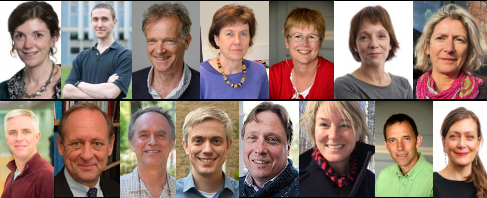
A history of inspiration
The Company of Biologists was created by eminent zoologist George Parker Bidder III.
The British Journal of Experimental Biology, a young and dynamic publication, had run into financial difficulties despite having subscribers including H.G. Wells, Julian Huxley, R.C. Punnett and a series of key world institutions. Bidder was determined to save it; he saw its importance in giving talented scientists a voice and bought the journal for £150.
On 15 October 1925 The Company of Biologists was born. Bidder installed James Gray, a young experimental biologist, as the Editor-in-Chief (and in 1930 the journal was renamed The Journal of Experimental Biology). A scientist of rising stature and broad interests, Gray would go on to nourish its growth for the next 30 years.
A growing portfolio
In 1946, The Quarterly Journal of Microscopical Science joined the Company – gifted by Bidder. It was later relaunched as Journal of Cell Science (renaming it Cell was discussed but considered too radical). This was followed in 1953 by a third journal – the Journal of Embryology and Experimental Morphology, relaunched in 1987 as Development.
In the new millennium two more journals were created to meet changing needs and the rise of open access – Disease Models & Mechanisms and Biology Open.
Charitable status
In 1952, The Company of Biologists became a UK charity. A key condition is that none of the Directors may receive remuneration for their services.
George Parker Bidder III





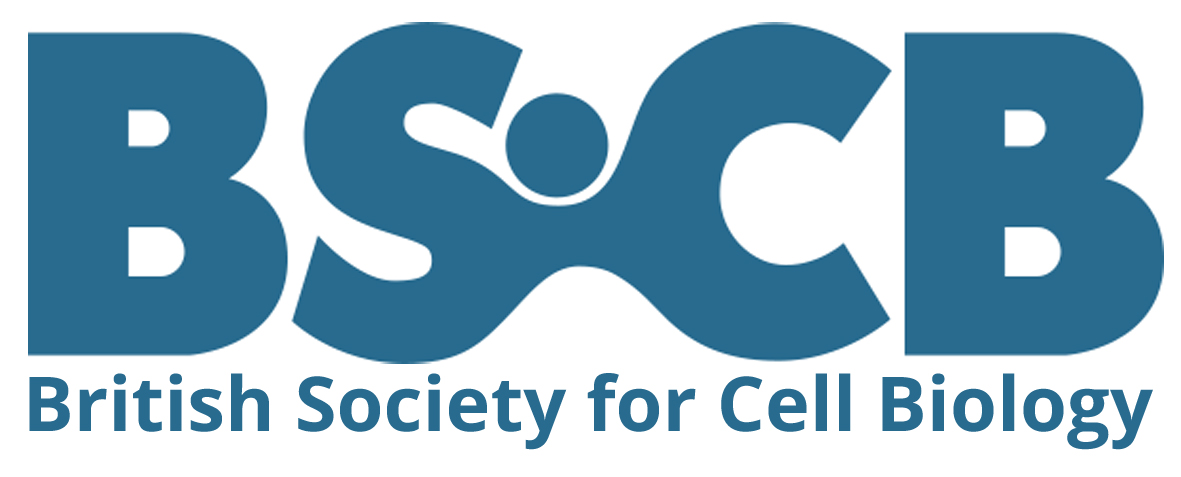



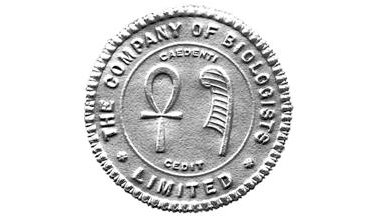





You must be logged in to post a comment.